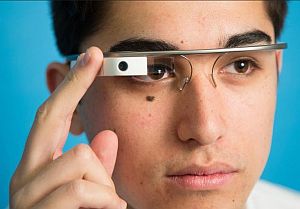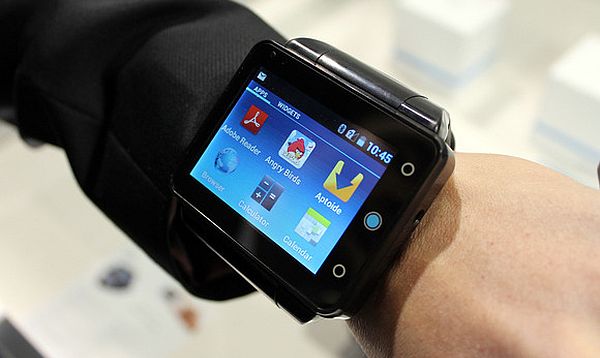Majority of adults want wearable devices in their workplace, a poll by the research firm Harris Interactive conducted for the Workforce Institute at Kronos, revealed. The study also found that Mexico and China topped the overall "wearable acceptance," while noting differences in perception and use of wearable technologies across the world.
Researchers estimate that the enterprise wearables market will reach 455 million devices by 2019, generating $46.5 billion of revenue worldwide. Currently, 73 percent of adults believe wearable technologies could benefit the workplace by increasing efficiency, productivity, or safety. Globally, workers cited smart headphones, smartwatches, and arm or wrist computing devices as the most useful in their workplaces.
Still, enthusiasm for the use of wearables at work varied vastly across the world, with 48 percent of American adults believing in the benefits of wearables at work, compared to 96 percent of workers in Mexico and 94 percent of Chinese workers. The benefits of smartwatches, for example, found 56 percent support in China compared to 20 percent in the United States.
"Countries where adults have adopted wearable technology for personal use appear to use wearables for work-related activities as well, and adoption of wearable technology is higher at work than for personal use across the board," the release stated.
The poll found Americans falling behind in daily wearable use, with only 13 percent of adults using wearable devices in their personal lives. China was the highest-ranking region in this regard, with 73 percent of adults using wearables, followed by India at 72 percent, and Mexico at 70 percent. The survey cited smart headphones and fitness monitors as popular wearable devices with large user disparities across the world.
 |
The survey found several keys to wearable adoption among employees, the chief of which being efficiency. Thirty-three percent of US adults cited efficiency as a driver for wearable use, while 62 percent of Mexican respondents and 45 percent of Indian respondents agreed. Groups and companies reported increased safety for staff and customers as the No. 1 factor for wearable adoption.
There was no worldwide trend other than safety that would encourage employees to adopt wearables. Employed adults in China, India, and Mexico were more interested in using wearable technology to enable friendly workplace competition than in other regions, and Germany was the only country to cite increased co-worker collaboration as a top reason to integrate wearables.
The "Wearables at Work" survey reported that one-third of employed US adults have no concerns about wearable adoption in the workplace, and 44 percent believe privacy may be an issue. Surveyors did not provide results on levels of concern among residents of other countries.
"Data security was the second-highest ranked concern, but only 35 percent of US employed adults cite it as a potential issue, suggesting that data and privacy concerns will not be a substantial roadblock if benefits of wearable technologies in the workplace are realized," the release continued.
Joyce Maroney, director of The Workforce Institute at Kronos, said wearables aren't new in the workplace and cited the use of communications headsets and ID badges as existing wearable technology:
"There's a strong belief that wearable technology will take off in the workplace before the home because devices such as smart watches, intelligent ID badges, and fitness and health monitors can provide organizations with uncharted data collection points to greatly improve safety, productivity, collaboration, and overall workplace effectiveness... The more comfortable we become with wearables, the more apt we are to leverage these technologies in the workplace."
Original Story


